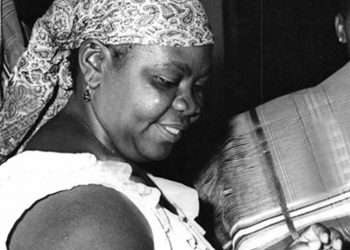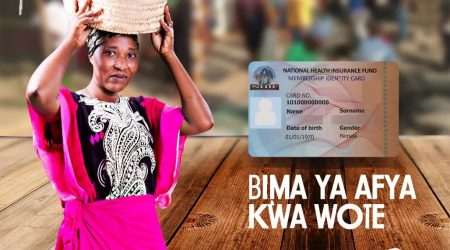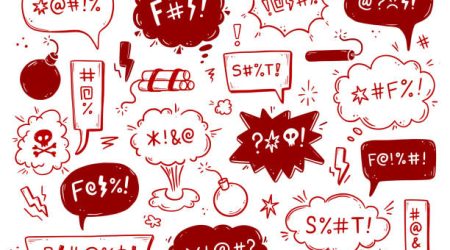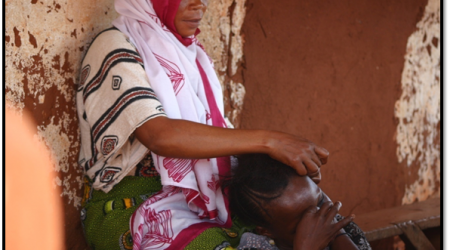Mixing metaphors with sarcasm, and sometimes, outright derogatory stances
WHEN I was growing up, my ethnic and cultural description; prescription; and antecedents; those of the Waswahili, was among the most ‘popular’ way of deriding a person.
One would hear “Acha Uswahili wako..”; or “Huyo Mswahili tu…”
These definitions carried deeply entrenched deriding undertones of the identity and culture of the Waswahili peoples.
Unfortunately, most Waswahili ‘accepted’ the same, or at least, were complacent about the derogatory comments about us.
After I grew up and was in university, I made the decision to stop the practice of allowing people to deride my ethnicity; my culture; my antecedents.
I then decided to write!
I wrote, and I am still writing about the wonderful culture and music and poetry and cuisine and lebasi and the history of my people, the Waswahili.
I refused to be defined and recognized as ‘a lazy; incompetent; tongue twister who never adheres to a routine. A lazy, good for nothing, fit only to be treated like the court jester.
I wrote on the rich oral history of my people.
I wrote on the lebasi and the cuisine.
I wrote poems in the Swahili language, and stopped composing poetry in English or Arabic. I learned Arabic from learning to recite the Qura’an Majeed.
Because the Word is a powerful motif and can bring great impact, I used words in writing.
I teamed up with TAMWA to document the Swahili peoples and their stories.
We published and made tv shows and documentary film and composed poetry in Kiswahili.
We invented new words like ‘kukeketa’ et al, and slowly, the Waswahili stopped being the butt of derogatory jokes, from people who would be loath to use the ‘N’ word to describe African Americans, but are swift in deriding the Waswahili.
Now, people in East Africa have started defining themselves as Waswahili, to get away from ethnic bigotry.
I encourage them, because the Waswahili are a generic peoples, and No! not necessarily Muslim, because in coastal areas, we do have Christian and Hindu and traditional faith adherents who are Waswahili.
I am glad to say, the Waswahili have recaptured our dignity.
From being known as lazy; incompetent; uneducated; sometimes liars, we are now respected as the custodians of a rich oral history.
In the same way, I often find myself at the other end of the stick where I am made to feel guilty for being a Muslim and therefore, I should be apologetic.
Of course, I wouldn’t ever be apologetic for being born in a Swahili, Muslim, family and raised as a well brought up Swahili girl 😁.
Yes, I came out light skinned, almost caucasian (my mother was of mixed German and Manyema parentage) but that, is, the wonders of the Swahili peoples.
We come in all shades and hues, nice.
It has stopped, that culture of undermining and deriding the Waswahili. Because some of us, in fact, a large number of us, made the decision to say “Boo! Stop it!”.
It reached a stage wherein people referred to me as ‘chotara’, I’d quip back “that skin lightening cream you used, and the fake hair, makes you look a chotara”.
And why not?
We should be free to choose the way we want to look, while respecting the choices of others.
In 2000, when we were campaigning for the repeal of The Witchcraft Ordinance 1928, I pointed in a seminar “How does one recognize a witch?”
It could be me, ghostly white, or it could be Da Ma (Marie Shaba) with her dreads and clanking bracelets 😁.
So, here we are, the United Republic of Tanzania, and, I believe most young people are Waswahili.
What remains are their surnames, to establish the region their ancestors came from.
Leila Sheikh
October 17th, 2021














Leave a Reply